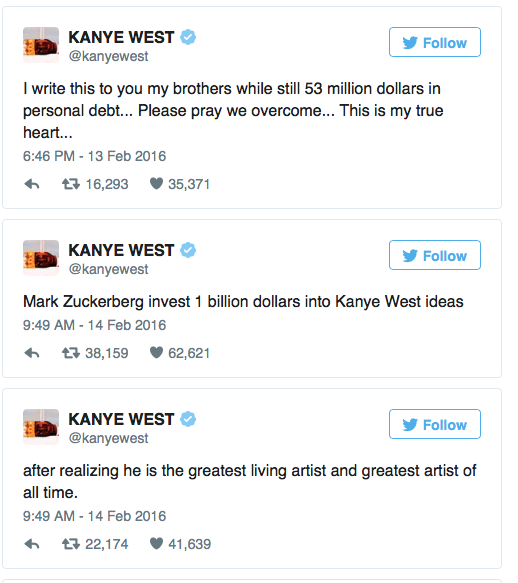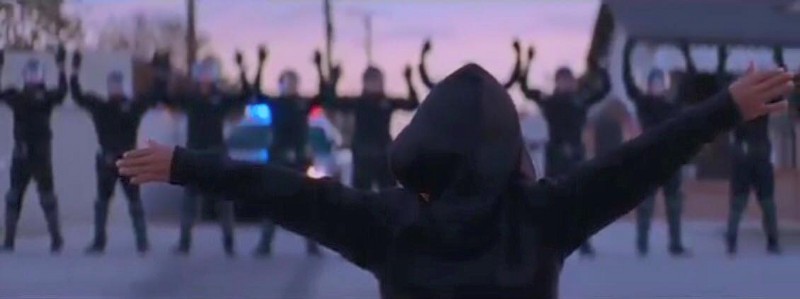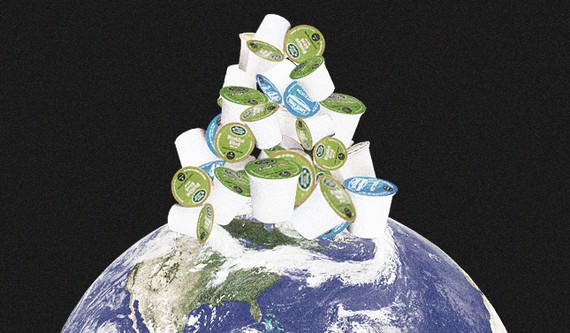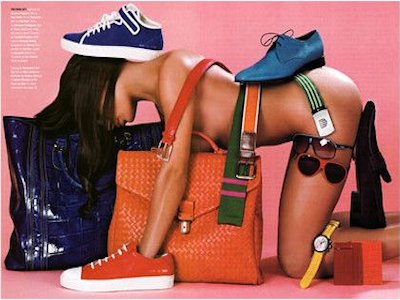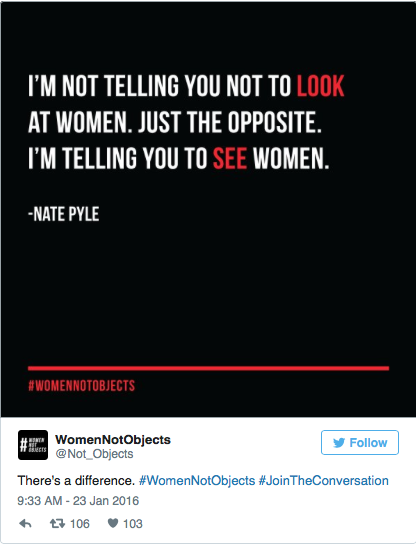Donald Drumpf
John Oliver, host of “Last Week Tonight,” went after Donald Trump by launching his social media campaign #MakeDonaldDrumpfAgain. The English comedian rolled up his sleeves and criticized the presidential candidate for a solid twenty minutes in this special segment.
Until last week, Oliver avoided discussing Trump on his show. “At this point, Donald Trump is America’s back mole,” Oliver said on the episode. “It may have seemed harmless a year ago, but now that it’s become frighteningly bigger, it’s no longer wise to ignore it.”
The political commentator thoroughly addressed various aspects of Donald Trump’s image. Supporters of the candidate often appreciate him for his ability to “tell it like it is,” but Oliver deconstructed this ideology. The talk show host expressed deep concern for Trump’s major inconsistencies on several policies, including abortion rights and where he stands with Syrian refugees. He reminded us of Trump’s extreme tactics like murdering families of terrorists to defeat ISIS. Donald’s wavering acceptance of support from a former Ku Klux Klan leader also raised some eyebrows.
This research led John Oliver to his final, most successful conclusion. Ultimately, Donald Trump is a facade and more of a brand than a credible presidential candidate or true businessman. Based on Gwenda Blair’s book, “The Trumps: Three Generations That Built An Empire,” Trump’s family name was actually changed from the less impressive-sounding last name “Drumpf.”
Oliver proudly exclaims, “Drumpf is much less magical. It’s the sound produced when a morbidly obese pigeon flies into the window of a foreclosed Old Navy. Drumpf: It’s the sound of a bottle of store-brand root beer falling off the shelf in a gas station minimart.”
These findings officially sparked a movement. Oliver plans to trademark the “Drumpf” name, and launched the website DonaldJDrumpf.com, which is nearly identical to Trump’s official site. Customers can purchase a “Make Donald Drumpf Again” hat online, a perfect play on words from Donald Trump’s popular slogan “Make America Great Again.” Visitors can also download the Google Chrome extension that replaces “Trump” with “Drumpf” whenever it appears in your browser.
Since the segment’s debut, “Last Week Tonight” garnered even more attention in the past two weeks. Oliver’s campaign is a major hit to Trump’s ego and a good laugh for nearly everyone else. Now fans can’t seem to get enough. Oliver is taking advantage of this information to put the Trump, or Drumpf, name to shame.


